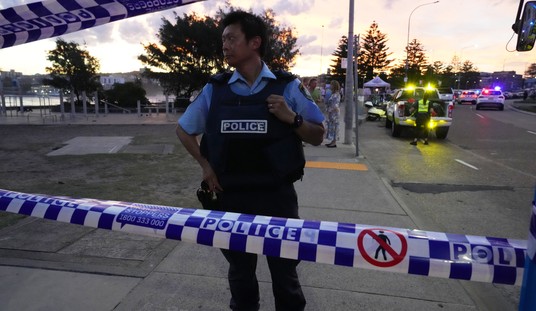One of the most powerful and feared men in China has been kicked out of the Communist party and arrested on corruption charges.
The former head of China’s domestic sercurity apparatus, Zhou Yongkang, has been charged with numerous counts including bribery, plundering government assets, and leaking official secrets.
The announcement signaled the biggest move yet in Mr. Xi’s two-year campaign to curb graft and malfeasance in the party hierarchy. Mr. Zhou, 72, became the first member of the elite Politburo Standing Committee, retired or active, to face criminal investigation in a corruption case. The state news media celebrated the decision as a confirmation that Mr. Xi was serious about cleaning up officialdom.
Continue reading the main story
Related Coverage“Corruption is a cancer that has invaded the party’s healthy tissue,” an editorial in People’s Daily, the party’s main newspaper, said Saturday. “We must use investigating and dealing with Zhou Yongkang’s grave violations to thoroughly advance the struggle against corruption.”
The decision by the Communist Party Politburo, a council of 25 senior officials, to expel Mr. Zhou and place him under a legal investigation made it all but certain that he would face trial, conviction and a heavy sentence from one of the party-run courts that were once part of his political fief.
The official Xinhua news agency, which issued the announcement, said the Politburo made the decision on Friday.
“Zhou Yongkang’s actions were totally in contravention of the party’s essence and mission,” said the report, citing the Politburo decision. “This has severely damaged the party’s image, and brought major damage to the affairs of the party and the people.”
Separately, China’s top prosecution office, or procuratorate, which handles corruption inquiries, said that Mr. Zhou had been arrested. The office did not provide details of the charges.
Until now under Mr. Xi, the Communist Party anticorruption agency has investigated dozens of powerful officials, including Xu Caihou, a former People’s Liberation Army commander who confessed to taking enormous bribes, according to the official news media. But none of these fallen officials were as formidable as Mr. Zhou.
Mr. Zhou stepped down from power in November 2012, at the same congress that appointed Mr. Xi the party’s leader. For five years starting in 2007, Mr. Zhou held a seat on the Politburo Standing Committee, the party’s top decision-making body, and at the same time ran a committee overseeing the police and domestic security forces, as well as courts, prosecutors and prisons.
What’s incredible about this story is not only the fact that Xi would arrest such a powerful person, but the fortune amassed by Zhou must be astronomical:
His son landed contracts to sell equipment to state oil fields and thousands of filling stations across China. His son’s mother-in-law held stakes in pipelines and natural gas pumps from Sichuan Province in the west to the southern isle of Hainan. And his sister-in-law, working from one of Beijing’s most prestigious office buildings, invested in mines, property and energy projects.
In thousands of pages of corporate documents describing these ventures, the name that never appears is his own: Zhou Yongkang, the formidable Chinese Communist Party leader who served as China’s top security official and the de facto boss of its oil industry.
But President Xi Jinping has targeted Mr. Zhou in an extraordinary corruption inquiry, a first for a Chinese party leader of Mr. Zhou’s rank, and put his family’s extensive
Even by the cutthroat standards of Chinese politics, it is a bold maneuver. The finances of the families of senior leaders are among the deepest and most politically delicate secrets in China. The party has for years followed a tacit rule that relatives of the elite could prosper from the country’s economic opening, which rewarded loyalty and helped avert rifts in the leadership.
Crony capitalism, nepotistic capitalism — is this America’s future? Obviously, there are laws against this kind of corruption in China. But if the law is ignored or applied differently depending on your party loyalty or family ties, you get the kind of society that has made Chinese citizens cynical and angry.
Yes it could happen here. Liberals would blame capitalism. But clearly, the fault lies with the character of leaders that are elected or, in the case of China, appointed. Weakening the delicate fabric of law that has made us strong in the past, and prevented the kind of corruption we see in China, will only serve to hasten the day when politicians and their cronies will become so ensconced in power that it will be difficult to remove them.










Join the conversation as a VIP Member